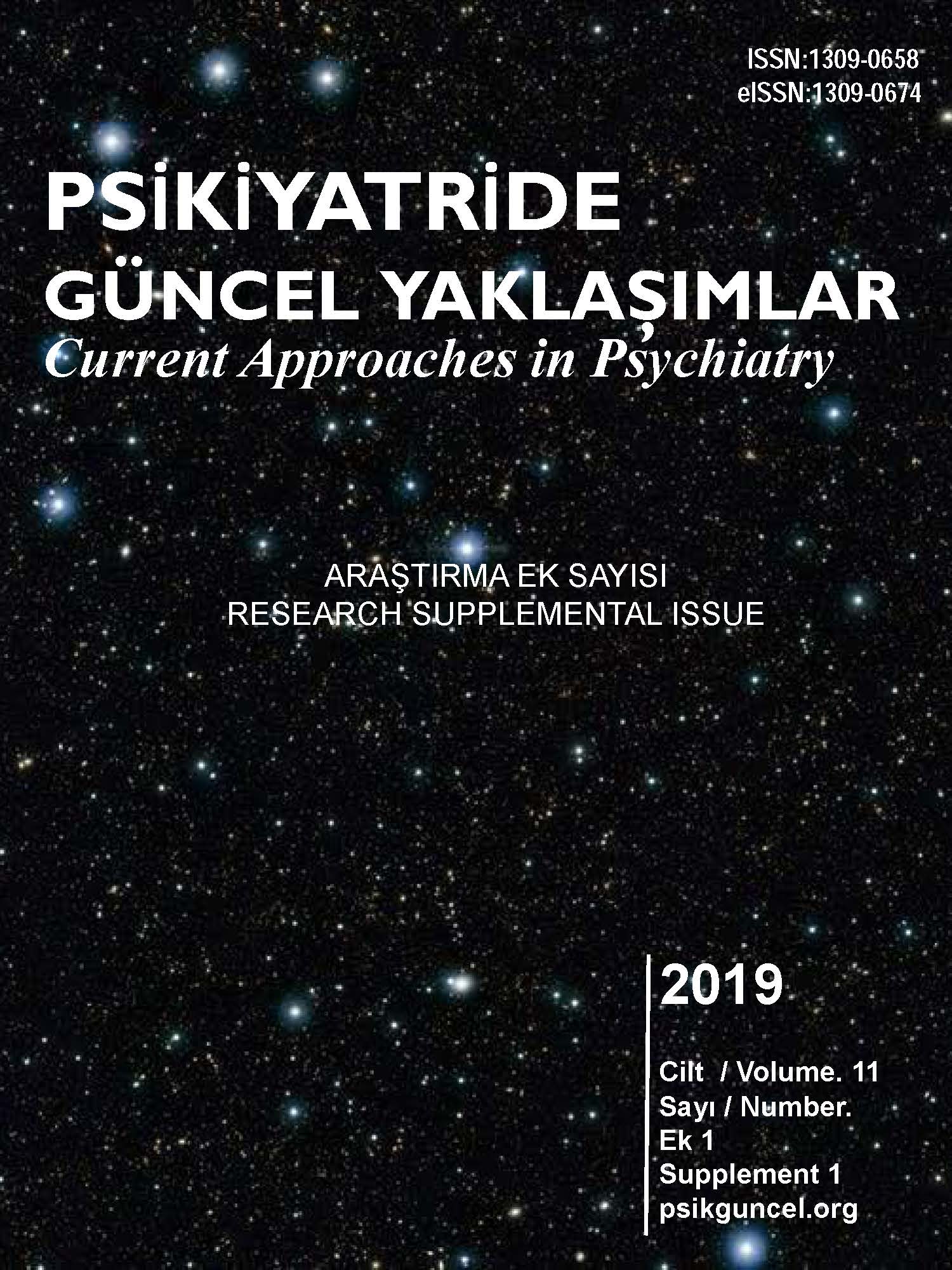Relationship between Coping Strategies and Subjective Well-Being at Different Levels of Relative Deprivation
Relationship between Coping Strategies and Subjective Well-Being at Different Levels of Relative Deprivation
Author(s): Fatih ÖzdemirSubject(s): Psychology of Self, Clinical psychology
Published by: Çukurova Universitesi Tip Fakultesi Psikiyatri Anabilim Dalı
Keywords: subjective well-being; life satisfaction; perceived stress; coping strategies; relative deprivation theory;
Summary/Abstract: The aim of this study is to control the demographic variables (age, gender and perceived social-economic status) and investigate the relationships between coping strategies (task-oriented coping, emotion-oriented coping, and avoidance-oriented coping) and cognitive and affective dimensions of subjective well-being (life satisfaction and perceived stress, respectively) in low-level and high-level deprived samples. The research data were collected from 218 low-level deprived and 193 high-level deprived individuals aged between 18 and 26 years. Basic research hypotheses were tested with hierarchical regression analysis. Consistent with the hypothesis, regardless of the relative deprivation level, task-oriented coping strategy was positively associated with subjective well-being, whereas emotion-oriented coping strategy was negatively associated. The significance of the relationship between avoidance-oriented coping strategy and subjective well-being depended on the perceived deprivation level. This research has demonstrated the importance of providing the correct cognitive responses in the process of coping with a negative situation such as deprivation. Results supported that the effectiveness of the coping strategy is related to the severity of the negative situation and the cognitive and affective needs of the individual.
Journal: Psikiyatride Güncel Yaklaşımlar
- Issue Year: 11/2019
- Issue No: Suppl. 1
- Page Range: 234-245
- Page Count: 12
- Language: English

